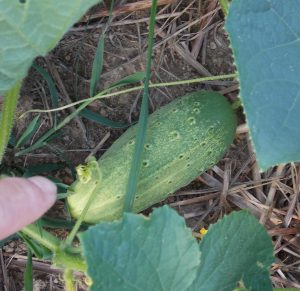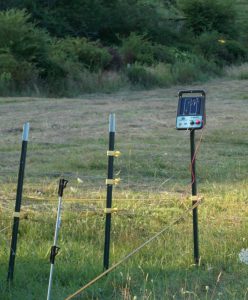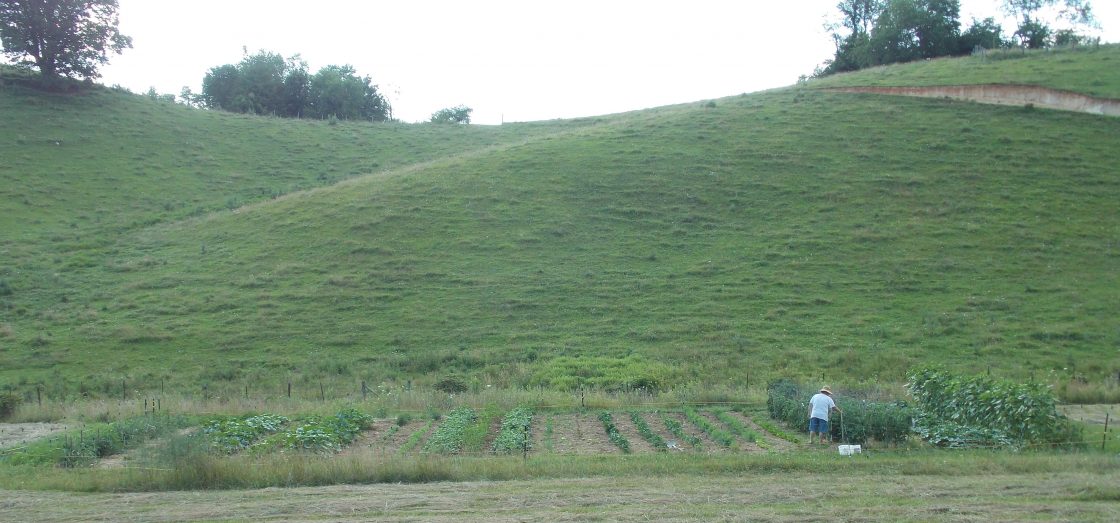THE GARDEN: GETTING A BIT MORE TECHNICAL
© 2019 Walt Hampton
I have had a few questions from readers about our gardening efforts and this week I would like to address those. Please remember, this is what is working for us, and we are always looking to our neighbors for tips and techniques that may make gardening life more productive and enjoyable. We welcome your input!
The first consideration in making a garden is the soil. If you are dealing with an area that has been stripped of its topsoil or otherwise impacted by serious mistreatment, you will be spending the beginning of your efforts in rebuilding that soil platform. Likewise if the soil is naturally poorly drained or very low in organic material you must make adjustments to your conditions. This necessitates a soil test, and it just makes sense that you need to know what you have before you start throwing money (in terms of seed, fertilizer and effort) at the dirt. When we started our garden back in 1990 in Gloucester, Virginia, we were in a subdivision that had been stripped to the “B” horizon and was nothing but sand. I spent $25, got a soil test, and asked for recommendations from the county extension service on specific vegetable production from that soil, what we needed to accomplish before we expected any results. This saved us a lot of money, wasted effort and heartbreak. Get the soil tested, save the aggravation. For crops to be productive the seed bed must be properly prepared, and what you need to do will be dictated by what you are working with. Start right and your garden will have the best chance of being successful.
The next consideration is water, plants don’t grow without it. To my way of thinking if I am going to expend effort and money in gardening I am going to attack the project with every resource at my disposal to make it a success. Having a dependable water source for the garden will make a good garden a great garden. Understand the water requirements of the crops you are trying to grow and meet those needs. This may involve some type of water-retention for use at the garden, such as a tank or pool, or if you are lucky to have a dependable creek or spring close by you can engineer a way to have the water at hand when needed. No one can predict the weather and there are critical stages in the development of vegetables where a lack of water is the death sentence. Understand the need and make the resource available.
The weed wars: Competition from weeds will take away vital nutrients and water from your crops. Of course you can till and chop, but over-tilling the garden can do serious damage to the soil and hasten the leeching of nutrients you have tried to provide for the vegetables. We have found that straw mulch is very effective in keeping the weed population at a minimum while also helping retain soil moisture. At the end of the season when the garden is done, that mulch rots down and helps maintain the fertility of the garden soil. There are times when tilling cannot be avoided; but we view it as a necessary evil to be avoided if possible. My friend Dr. Grant Woods (growingdeer.tv) has written extensively about the “Buffalo System”, his technique of establishing and maintaining food plots for deer, and the concept is the same; protecting and enhancing the quality of the soil is a winning strategy.
Show us your gardening photos! The home garden is an Appalachian tradition we need to preserve and encourage.




